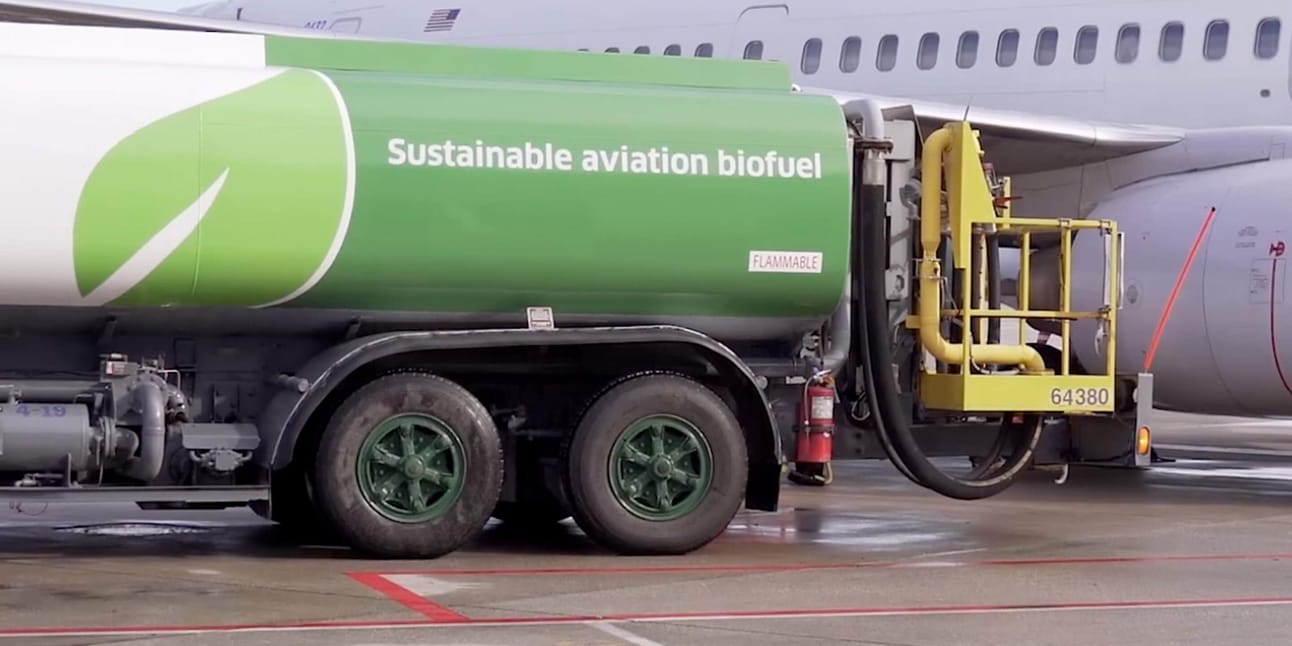- Sustaneo
- Posts
- The Future of Flight
The Future of Flight
Can tech make aviation climate friendly?
Hey everyone!
This week I wanted to share some of the technology that’s helping clean up the aviation industry. Aviation accounts for about 2.5% of global emissions and despite a brief dip from Covid, is set to continue growing over the coming decades.
It’s impossible to see a realistic route to reducing air travel even close to the levels needed for aviation to be a sustainable industry so technology is the answer we need here, and thankfully, there is no shortage of people working hard to push the boundaries and redefine the industry.
Electric Aircraft
A pretty logical place to start when working towards a clean aviation industry is “can we just make planes electric?”. The simple answer is yes. Eviation and Ampaire are just two examples of companies that have already proven the feasibility of electric air travel.

Eviations “Alice” model
The answer gets more complicated is when we start talking about scale, small private aircraft only suitable for short-haul flights doesn’t replace the 747’s of the world. That said, it’s a start and is serving as a real world proving ground to show that the technology doesn’t just exist, but that it works.
Don’t get me wrong, cutting down on emissions from regional routes is great, but the biggest impact of these aircraft will be the models and technology that they pave the way for, such as larger commercial passenger options.
Sustainable aviation fuel (SAF)
Another challenge facing the industry is the fact that modern planes are typically in operation for about 30 years, meaning a Boeing 737 Max built in 2024 will still be producing emissions into the 2050s unless we can do something about how we power existing aircraft.
Similar to sustainable fuels being developed in the automation industry, a range of sources like algae, agricultural waste and even captured C02 are being developed to replace typical petroleum fuel.
The technology is already very well established here, with major airlines like United and British Airways already exploring blending sustainable and conventional fuel to reduce emissions. The costs to produce this are also dropping as more research is completed, which will only help increase adoption.
Once the technology being SAF has been pushed a bit further, I can see a world with 100% renewable flights being complete in the not so distant future with a breakthroughs and investments.

Hydrogen
Anyone that knows me will know I’m a massive fan of hydrogen, and so seeing companies like ZeroAvia developing hydrogen-electric engine technology is incredibly exciting.
There is a strong case that Hydrogen is our best possible outcome, with better range potential than current batteries permit, and lower cost points if we can crack the technology.
Keep and eye on this one, as I think it could be one of the biggest global innovations of the next 5 years.

And so much more!
Whilst doing research for this update, I was thrilled to learn that there are countless more innovations being researched and developed in the aviation space than I’d be able to fit into one email, and that’s only a good sign.
From AI managed flight paths that optimise fuel usage, to 3D printed parts make of sustainable composite materials, there is so much passion and talent going into the mission of making aviation a sustainable industry.
Whilst no transition will happen overnight, I think we’ll see aviation take some huge steps over the coming years with strong competition developing being the range of sustainable solutions making their way to market. And who knows, maybe we’ll see some of the technology created in aviation help solve other transport industries!
As always, I’d love to hear your thoughts — would you personally take a flight on something like the Eviation Alice if you had the chance?
Thanks for reading, I’ll catch you next week!
James
Stay up-to-date with AI
The Rundown is the most trusted AI newsletter in the world, with 1,000,000+ readers and exclusive interviews with AI leaders like Mark Zuckerberg, Demis Hassibis, Mustafa Suleyman, and more.
Their expert research team spends all day learning what’s new in AI and talking with industry experts, then distills the most important developments into one free email every morning.
Plus, complete the quiz after signing up and they’ll recommend the best AI tools, guides, and courses – tailored to your needs.

